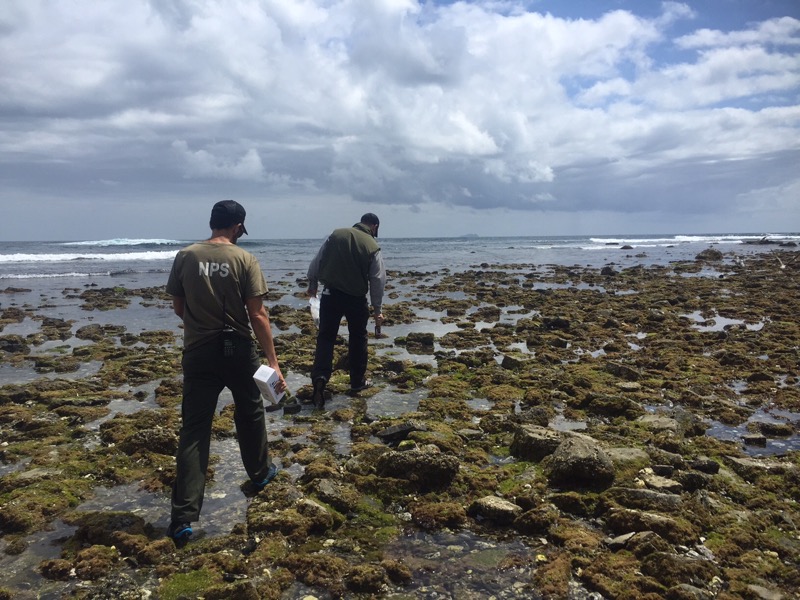Scientists recently presented a new study on coastal waters and river estuaries at the Goldschmidt Conference in Boston. The study talks about how these river bodies can demonstrate unique vulnerabilities to acidification than compared to offshore waters. This acidification was detected in the waters off of the US West Coast and the Gulf of Mexico and it can be the reason for the disorientation and cognitive problems in some species of marine fishes, such as salmons and sharks.
Recently, researchers also found that marine creatures are especially vulnerable to hypercapnia- which is a condition that develops when there is too much dissolved CO2 in seawater. High levels of this can lead to some fish species developing cognitive problems and disorientation, like getting lost on their way or swimming towards dangerous predators.
Several researchers from various U.S. marine laboratories have discovered that in subsurface coastal waters, the partial pressure levels of CO2 can increase significantly, which will mean danger to the wellbeing of fishes and disproportionate colder northern waters- on which the Pacific salmons juveniles rely to grow into adults.
“We checked coastal waters in the Gulf of Mexico, and all along the U.S. West coast,” said Dr. Richard Feely, the lead researcher and also a senior scientist at the National Oceanic and Atmospheric Administration (NOAA) Pacific Marine Environmental Laboratory in Seattle. “We found that the cold water changes the chemistry of the water, so that it can’t buffer itself as effectively against changes in acidity. This can cause large fluctuations in the CO2 levels of the water according to the season, with colder areas being more vulnerable to large swings in pCO2. It is this increased pCO2 which threatens the well-being of marine life.”
For the study, the research team examined samples that were collected from a series of cruises that too place in 2007, 2011, 2012, 2013 and 2016, and discovered that the amount of CO2 dissolved in the varied significantly.
“Estuarine and coastal waters will be more severely impacted by the effects of ocean acidification more quickly than the open ocean, particularly if they are already impacted by nutrient, deoxygenation and fertilizer run-off, which can cause higher CO2 levels in subsurface waters. Unfortunately, many of our coastal waterways have elevated nutrient levels and have low oxygen concentrations in subsurface waters,” said Dr. Wei-Jun Cai, who is the co-author of the research.
“Colder waters further north are more susceptible to this increase in dissolved CO2. So for example, we found high levels of dissolved CO2 in coastal waters off the state of Washington, but lower levels in the Gulf of Mexico. This means that some fish that inhabit these northern waters could suffer cognitive problems, in much the same way that humans exposed to too much CO2 (as can happen with scuba divers) and will lose track of things. Our work shows that cold coastal waters already have seasonal levels of pCO2 near 1000 μatm or even higher, levels observed to effect behavior in some species”, he added.

